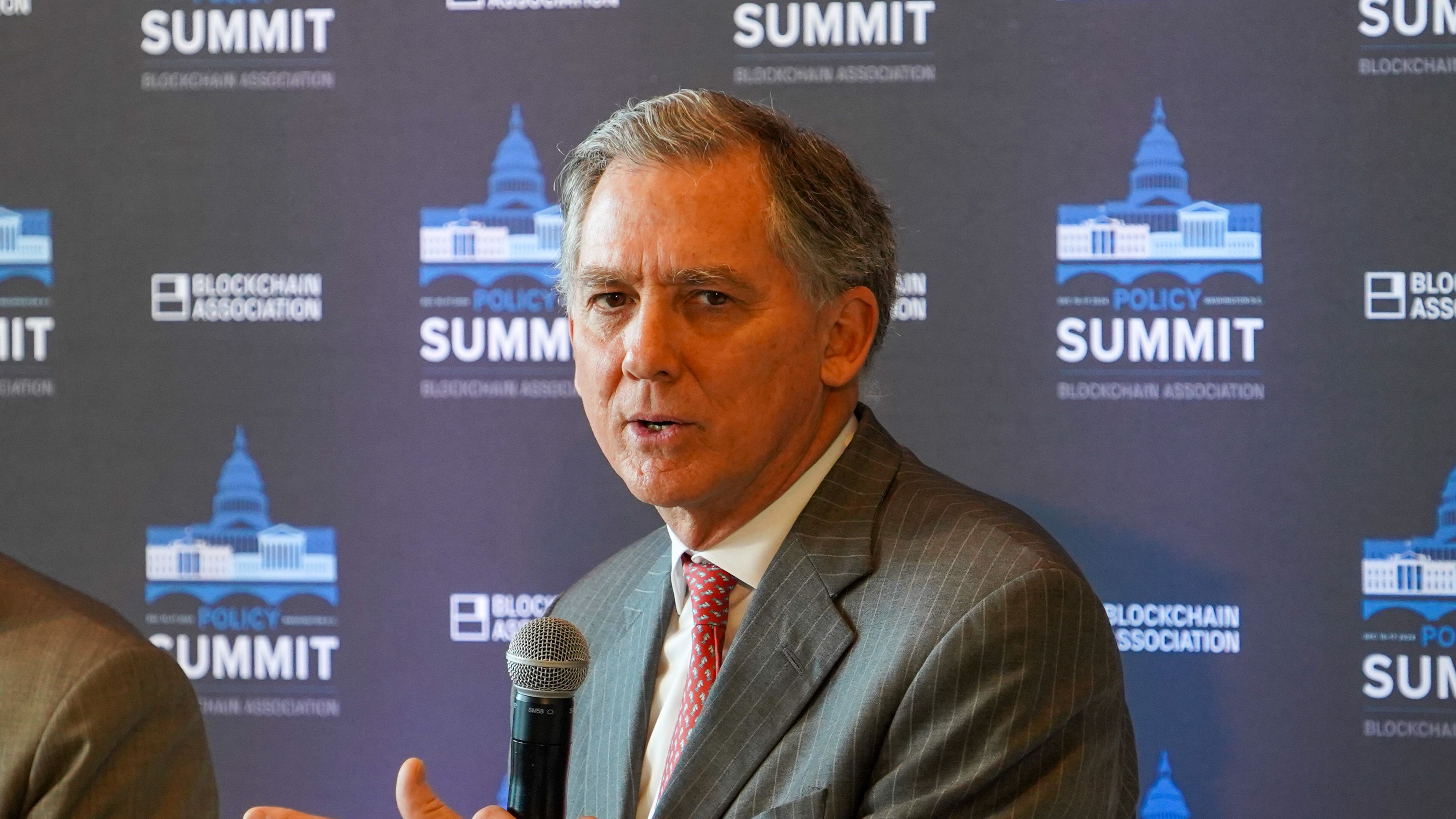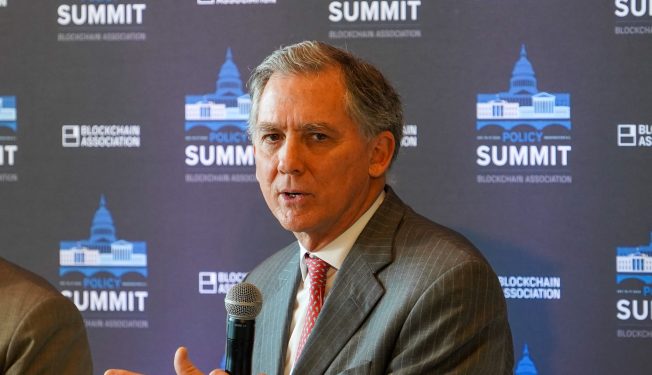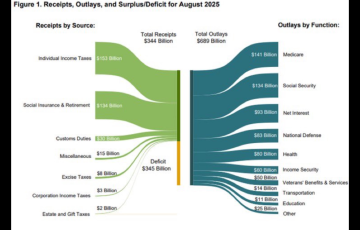
The U.S. Senate may be fast approaching a final vote on regulating stablecoins, which would be a high-water mark for crypto legislation in Congress, but Representative French Hill said the Senate’s bill has some key differences with a similar effort in the House of Representatives, and those would need to be ironed out before it can become law.
“The bills are substantially similar,” said Hill, the chairman of the House Financial Services Committee that has been at the forefront of the congressional negotiation over stablecoins for years, at an Atlantic Council event on Tuesday. “There are some differences that are not insurmountable but do need to be rectified and clarified.”
Hill said one of the standout differences includes the House’s tougher requirements on “reciprocity” of international regulation over foreign issuers of stablecoins that might trade in the U.S. — a category most often associated with the leading global token, Tether’s
.
“You can either be registered in the U.S. and be a U.S. company under the stablecoin law and you are fully compliant, or you are in a jurisdiction recognized by the U.S. to have a substantially similar regime and enforcement,” Hill said, noting the House version — which cleared his committee with bipartisan support but hasn’t faced a floor vote — seems to be more strict than the Senate’s.
However, he noted “we don’t know the final text of their bill,” which is still being negotiated and amended.
Hill also said the House bill has a “cleaner” pathway for determining what entities at the state or federal level regulate the issuers, depending on their business models.
And the two chambers pursued different approaches to letting non-financial companies issue stablecoins, which touches on longstanding concerns over the traditional separation of banking and commerce and has drawn criticism from Democrats who say they’re worried about tech giants taking over the financial system. The House version says such companies are free to issue stablecoins under regulation by the Office of the Comptroller of the Currency, while the latest Senate version said that certain public companies would be banned from putting out the tokens. Hill said the Senate has some work to do on clarifying its approach.
He said he wonders about the common narrative of stablecoin legislation being easier to pass in Congress than the more complex and far-reaching oversight of the entire crypto markets, citing the House’s success in passing the latter in the last session while getting hung up on its stablecoin negotiations.
But Hill also acknowledged the years of paralysis in the Senate over crypto matters, saying that the chamber’s recent actions on its stablecoin legislation, the Guiding and Establishing National Innovation for U.S. Stablecoins (GENIUS) Act, are “really important” to moving the effort forward. He said he’s optimistic the House will do its part, too.
“The House is really in a position to deliver on President Trump’s promises,” he said, referring to President Donald Trump’s wish to have the stablecoin and market-structure bills on his desk for signatures by the August congressional recess.
In U.S. lawmaking, both the Senate and the House have to ultimately agree to identical versions of a bill before it can be signed into law by the president. If the Senate approves its stablecoin bill as soon as this week, the House has the choice of voting on that same language or pursuing its own. If it passes a different version, the two would have to be hashed into a compromise version that would need another round of approvals in each chamber.
In recent weeks, the stablecoin legislation has cleared the Senate Banking committee and early procedural votes on the floor with massive bipartisan support. But it did get delayed at one point by objections from Democrats that it didn’t include enough safeguards for illicit activity, and that the bill should ban public officials such as the president from engaging in the business.
Hill acknowledged, as he had at Consensus 2025 in Toronto, that Trump’s personal involvement with crypto businesses — including stablecoins — has made the legislative debate more political than he’d like.”It has made it more complicated, because it’s a distraction from that core work,” Hill said.
Read more: Trump’s Team ‘Knows Nothing’ About Apparent ‘$TRUMP Wallet’ Launch


